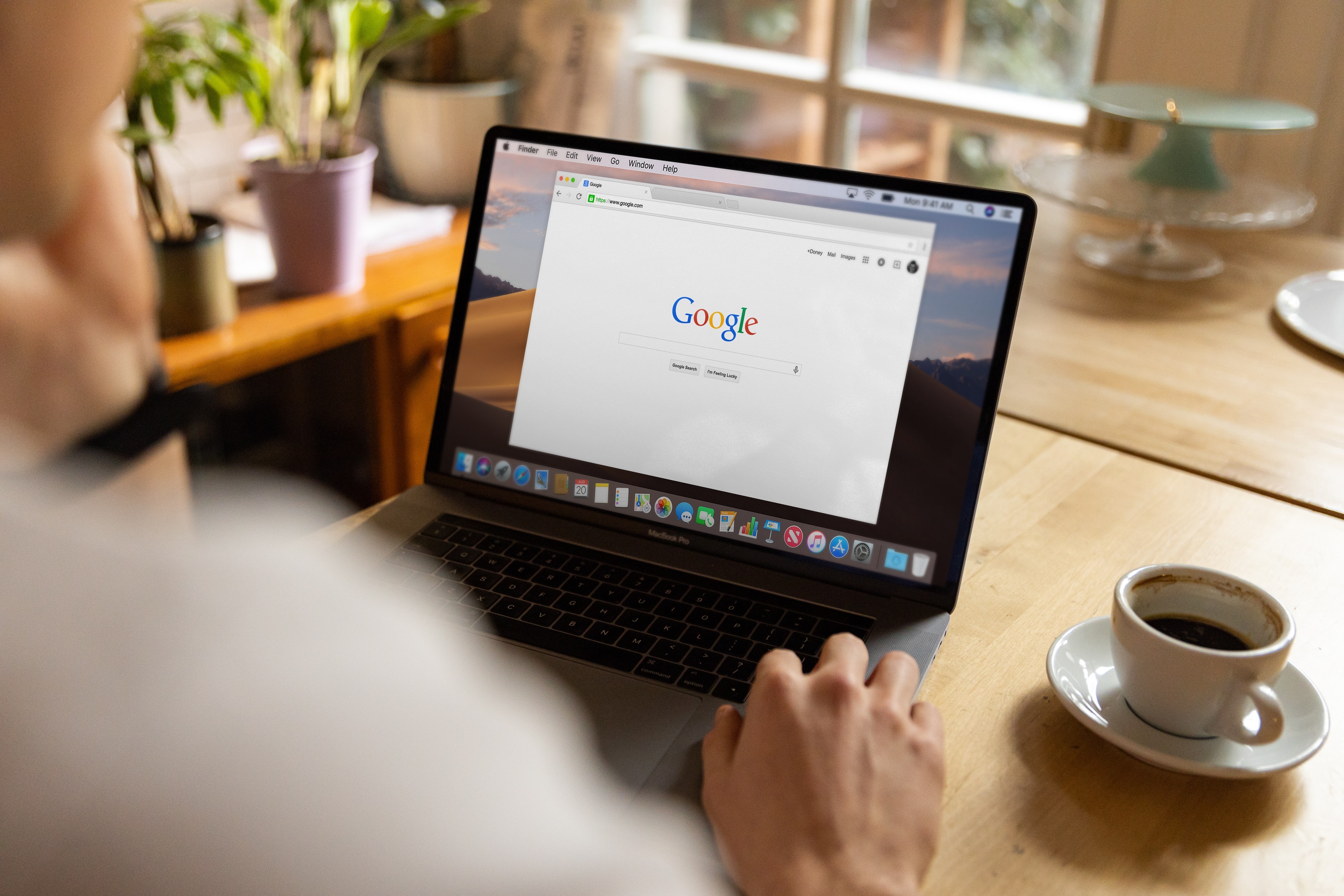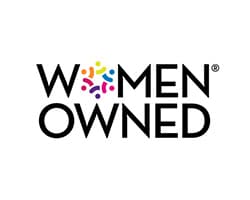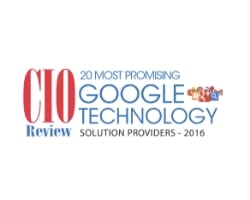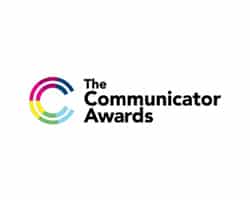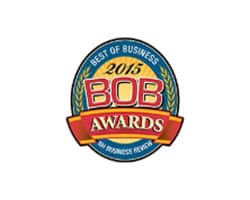Published by New Hampshire Business Review
Have you “checked in” today? If you are one of the 6 percent of U.S. online adults using geo-social marketing (aka location-based) applications like Foursquare, you’ve probably done so several times already.
By sharing their physical locations at restaurants, shops, hotels, landmarks and entertainment venues via smartphones and other mobile devices, geo-social users can connect on- and offline with friends — and brands. This makes the platform one of the most innovative marketing opportunities for companies willing to experiment to attract a highly engaged and participatory audience.
Geo-Social Marketing in Action
Location-based mobile solutions encourage users to check in at cultural, dining and shopping venues to access information and tips — and even access deals and discounts — by sharing their physical location with their online network of friends.
SCVNGR is a location-based mobile gaming app supported by Google Ventures that rewards participants for completing fun challenges at venues and businesses. Other technology leaders like Apple, Google and Facebook continuously develop and tweak location-oriented features for their products, with Facebook even acquiring location-based social network Gowalla in December.
However, Foursquare is currently the unequivocal leader of the geo-social space with an impressive 15 million users — which caused Facebook to phase out its similar Places check-in feature after only one year (the social media giant still offers location-sharing, though; users have the option to tag posts and photos with their current locales).
In addition to the ability to check in to locations to meet up with friends and earn discounts and sales rewards, Foursquare offers competitive gaming. Users earn points and virtual badges for checking in to certain locations — and can even achieve “mayor” status of venues for having the most check-ins.
Foursquare also has a List Service that allows users to create lists of related venues. Colleges and universities like Texas Christian University are leveraging this feature to offer targeted, self-guided campus tours to prospective students via Foursquare, including athletic and benefactor tours.
The Upside of the Geo-Social Marketing Wave
The good news for business owners and marketers is that geo-social users are brand enthusiasts. According to Forrester Research’s 2011 geo-social user study, their likelihood for sharing product details with peers is double that of the typical online adult. They are also more liable to share discount codes, promotions and coupons with their networks.
Geo-social users are 37 percent female (up from 22 percent in 2010), and three-quarters of all users are between 23 and 45 years of age. This presents a significant opportunity for businesses to engage with a young, social and extremely active online audience that has already opted in to interact with brands.
Geo-social marketing is new and evolving, making campaign experimentation the norm for this growing medium. Major corporations like JetBlue, McDonald’s, Starbucks and Dunkin’ Donuts have leveraged location-based check-in campaigns to boost foot traffic and brand loyalty.
During the 2011 holiday season, Dunkin’ Donuts held a geo-social marketing campaign in the greater New York City area called “GetGifteDD.” By checking in via Foursquare or Facebook at Dunkin’ Donuts locations up to three times daily, participants had the chance to win one of 1,775 prizes from 1-800-Flowers, Travel Pro Luggage and American Express (which gave away $1,000 gift cards). The campaign was promoted via Facebook, Twitter and banner ads on local media websites.
The Weather Channel is one company that has taken geo-social marketing beyond the check-in campaign with location-based mobile ads. Using its mobile app that provides details on local weather, the company partnered with Westin Hotels and Resorts to execute the 2011 “Wipe Away Your Weather” campaign. The app showed users the weather in their geographic locations, and they could “wipe” it away on their mobile device screens to show warmer weather being enjoyed by visitors of Westin Hotels and Resorts.
If you’d like to dive into geo-social marketing, make sure you claim your business on the major location networks, including Google Places. This will ensure accurate business data, contact information and branding. Also, create a Foursquare page for your business and leave tips targeted to your typical customer base. Then start brainstorming. Check-in campaigns with discounts, prizes or rewards are a great way to gain geo-social experience — as are partnerships with local businesses or nonprofit organizations.
Takeaway
Geo-social marketing has narrowed the gap between businesses and their customers. By connecting brands and consumers online through a casual and fun gaming experience, businesses know when customers are nearby — or even in — their physical business locations. Using targeted geo-social marketing, businesses can then deliver instant brand information and deals in the palms of their customers’ hands that will increase sales and online referrals.
About Millennium Agency
Millennium Agency is a nationally recognized, top woman led B2B branding, positioning, and digital marketing firm who knows how to create value that emotionally influences your customer’s buying decision, giving you the competitive advantage. As your trusted partner in B2B software technology and manufacturing, we provide the branding and positioning framework that make an impact – so you can focus on what you do best – run your business successfully. With offices in Boston and New Hampshire, and a worldwide presence, the professionals at Millennium Agency would like to learn more about your business. Visit www.mill.agency or book time here.

